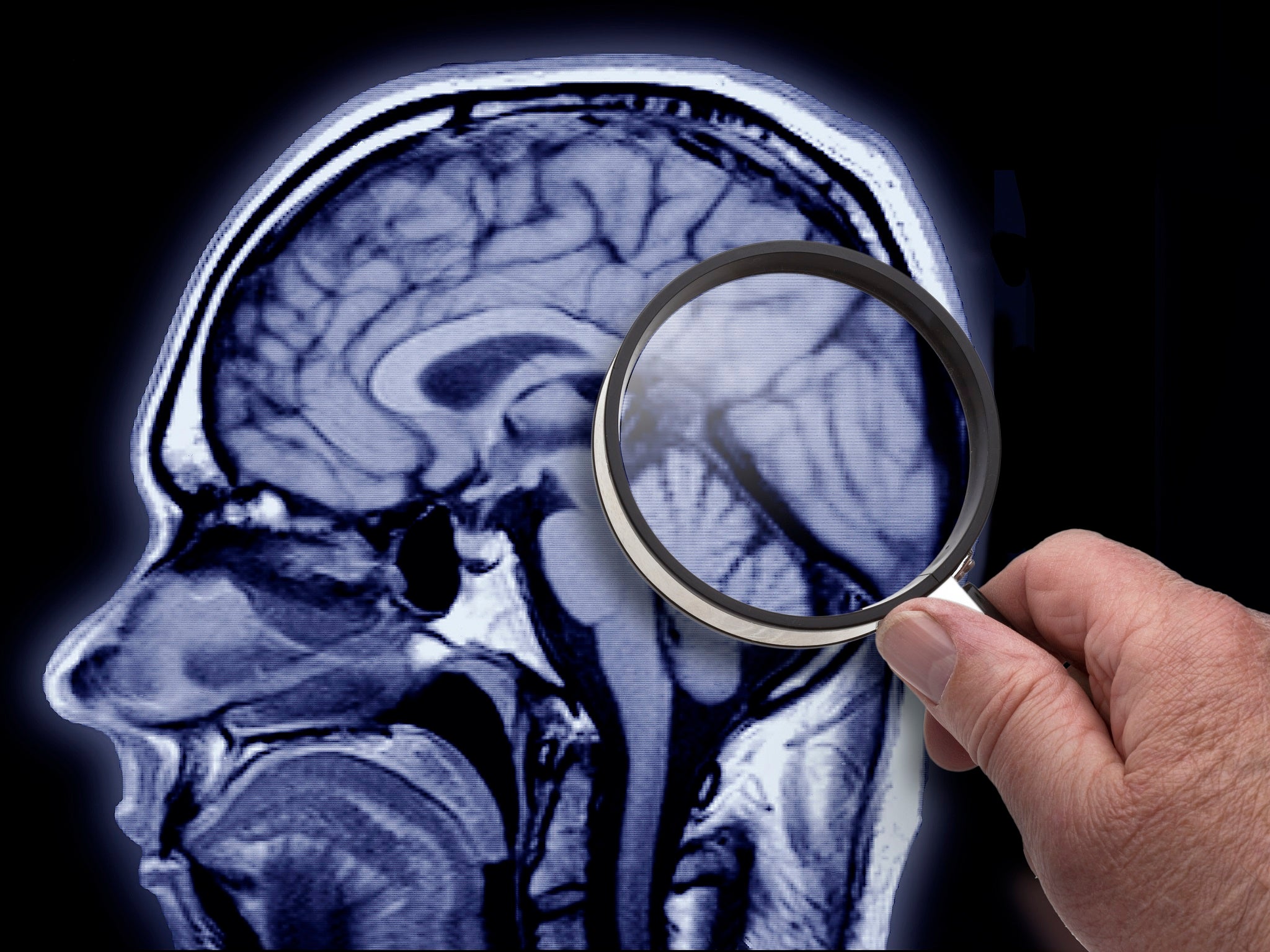Psychopathy may be a result of 'adaptive evolution' rather than a disorder, says inventor of the psychopath test
Are the psychopaths among us part of a unique evolutionary strand?

Psychopaths may not suffer from a neurological disorder but instead the condition may be an evolutionary survival mechanism, according to the man who drew up the standardised test for the personality disorder.
Robert Hare, the psychologist behind the 20-item test that has become known as the Hare Psychopathy Checklist, says psychopaths, which he estimates account for 1% of people, could be the result of an evolutionary process.
Despite decades of studies, the specific origin of why people become psychopaths remains unclear. The vast body of scientific work on psychopathy focuses on anomalies in brain structure and function as well as the impacts of external factors.
But new research suggests it may be an evolutionary process.
Speaking to Discover magazine, Hare said: “It’s just as reasonable, and more so in my mind, to interpret psychopathy as a developmental evolutionary thing.
“You can pass on your genes by having one or two children and investing a lot into their well-being. But we know psychopaths’ relationships are impersonal, that they favour the strategy of having a lot of children, and then abandoning them.”
While unpalatable to most people, he argues this method of reproduction means psychopathy should be considered a biological adaptation rather than a neurological disorder.
“From an evolutionary psychology perspective, the structure and functions [of psychopaths’ brains] may be a little different,” Hare added. “But they’re properly designed for engagement in predatory behaviours. They could be genetically programmed, but what trigger mechanisms might set genes off? We don’t know. But we know that environmental factors are also a determinant.”
Hare also believes that psychopaths are capable of responding to therapy programmes and can even use their condition to their advantage in a way that’s productive for the individual and society.
“My view is that psychopaths have the intellectual capacity to know the rules of society and the difference between right and wrong — and they choose which rules to follow or ignore,” he said.
“People will say the behaviour is pure evil, but what does that mean?”
Bookmark popover
Removed from bookmarks